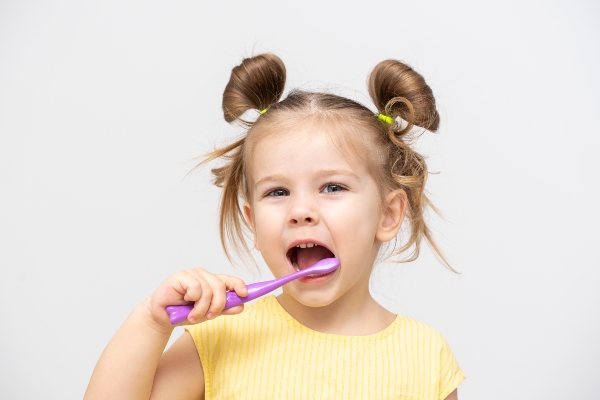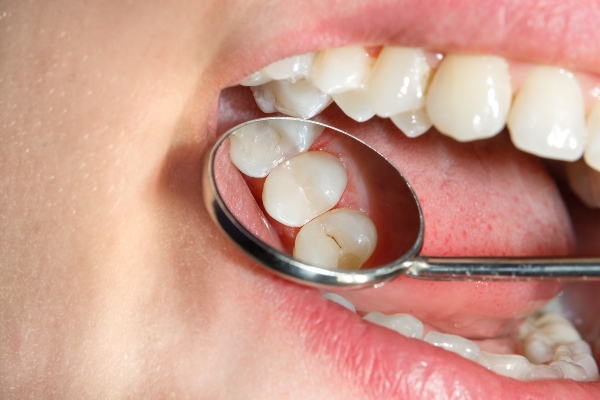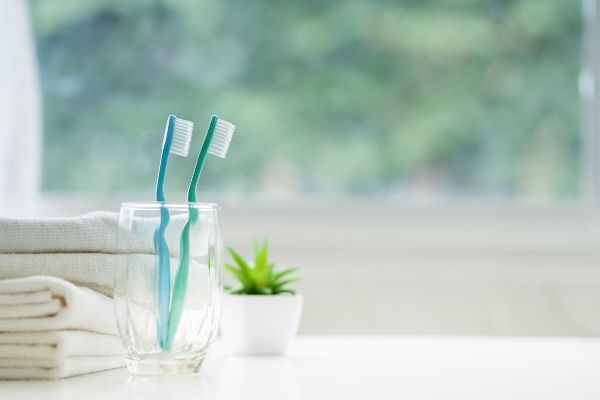 When it comes to your child's oral hygiene basics, you probably think that changing the foods they consume can strengthen their teeth. However, drinks actually have a large impact on your child's teeth as well because the traces of particles from what they drink stay behind long after they have finished drinking. Here are drinks to avoid in order to maintain a healthy and beautiful smile.
When it comes to your child's oral hygiene basics, you probably think that changing the foods they consume can strengthen their teeth. However, drinks actually have a large impact on your child's teeth as well because the traces of particles from what they drink stay behind long after they have finished drinking. Here are drinks to avoid in order to maintain a healthy and beautiful smile.
Drinks to avoid for your child’s oral health
1. Soda
Soda is one of the most damaging drinks for your child's teeth due to its sugar content and high acidity. These properties erode the enamel and lead to cavities, which are holes in the teeth that develop due to decay. In addition, the dark color of soda will gradually stain your child's teeth yellow.
2. Sports drinks
Sports drinks are often considered a healthy choice for children involved in sports and other physical activities. Unfortunately, most sports drinks are not an optimal choice over soda. Sports drinks have a lot of sugar; even sugar-free options are harsh on tooth enamel.
3. Energy drinks
Energy drinks are typically seen and marketed as adult beverages. However, they are increasingly more accessible and appealing to young children. For example, energy drink companies offer flavors kids enjoy, such as cotton candy. Research shows that energy drinks can strip away more enamel from a child's teeth than soda or sports drinks because of the combined sugar and acidic content.
4. Sweetened fruit juice or punch
Although fruit juice contains many essential vitamins, it is also highly acidic due to its concentrated nature. Cranberry and citrus juices tend to be the most acidic, although most fruits used to make juice contain a high level of acid. Fruit punch is another drink to stay away from if you want your child to adhere to proper oral hygiene basics, as it does not contain much real fruit and instead consists of high levels of sugar and high fructose corn syrup.
5. Sweetened tea and lemonade
Both iced tea and lemonade have high sugar content. While lemonade does not often contain real lemon, it can still be acidic and erode enamel, making a child’s teeth more susceptible to acid attacks from bacteria in the mouth. The high sugar content in tea and lemonade also dries out of the mouth. Without enough saliva, sugar sits on the child’s teeth for longer periods of time, and the teeth cannot remineralize as effectively. Research shows that canned iced tea erodes enamel at thirty times the rate of coffee.
Conclusion
Acidic and sugary beverages such as soda, fruit juice, and energy drinks damage your child's teeth because they erode enamel and can lead to sensitivity and tooth decay. This does not mean that a kid can only drink water. However, monitor how much they consume certain beverages to follow proper oral hygiene basics. In addition to water, other drinks that are good for your teeth include milk, milk alternatives (e.g., oat or soy milk), and unsweetened fruit juice. If you would like more information about healthy drinks for your children, feel free to call our office.
Request an appointment or call Hudson Valley Pediatric Dentistry at 845-363-4177 for an appointment in our Middletown office.
Recent Posts
Having a solid handle on oral hygiene basics will help preserve the integrity of a child's teeth and mouth health for many years to come. Steering clear of cavities, receding gums, or decay ensures their smile is bright and beautiful for as long as possible. If your child believes they already have an excellent oral…
When you and your child visit the dentist, you expect to get your child’s teeth cleaned and learn the current state of their dental health. However, many parents overlook the expertise dentists can provide about the important aspects of oral hygiene basics.In addition to caring for teeth, dentists can offer helpful recommendations for young patients…
In order to maintain your child's healthy teeth and gums, you should follow the oral hygiene basics recommended by a pediatric dentist. These practices, including brushing and flossing, should be done twice and once a day, respectively. However, it is common for children to forget to maintain these habits. Failing to observe oral hygiene basics…


